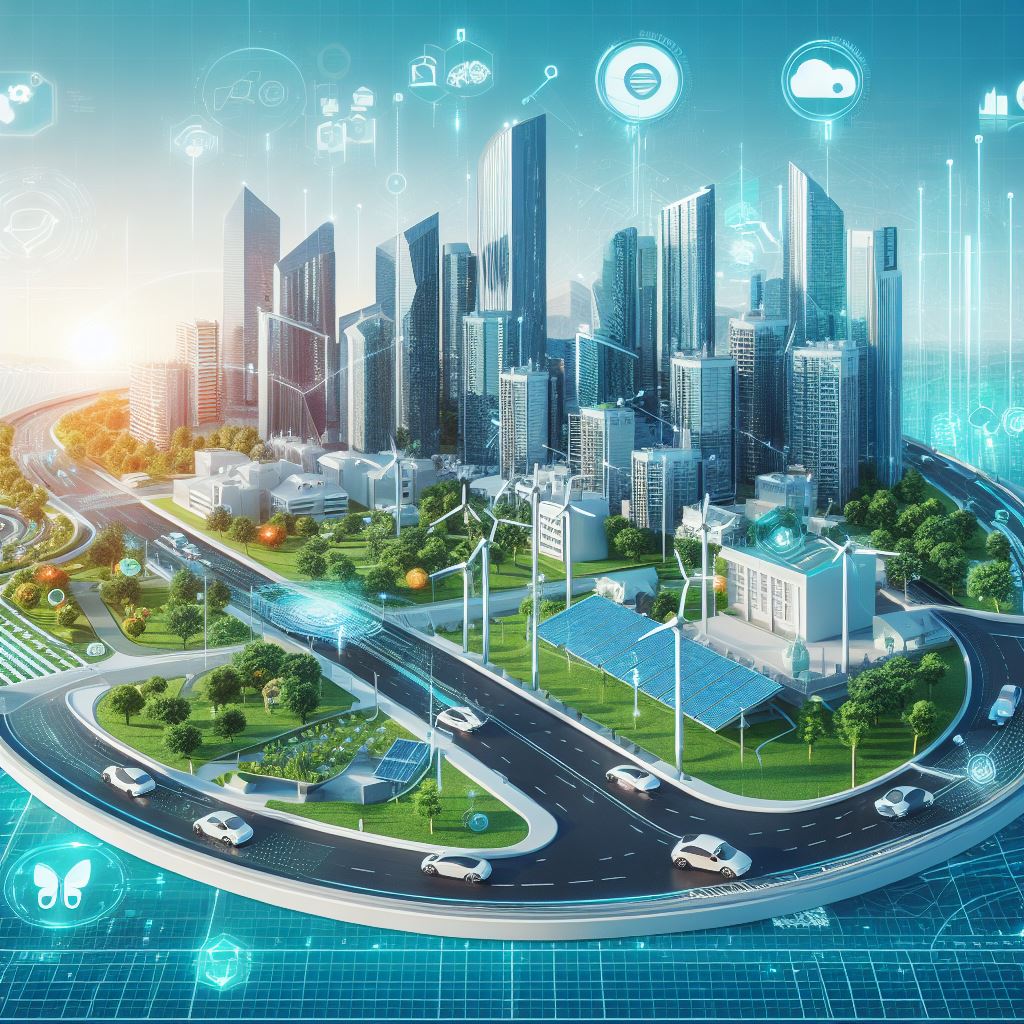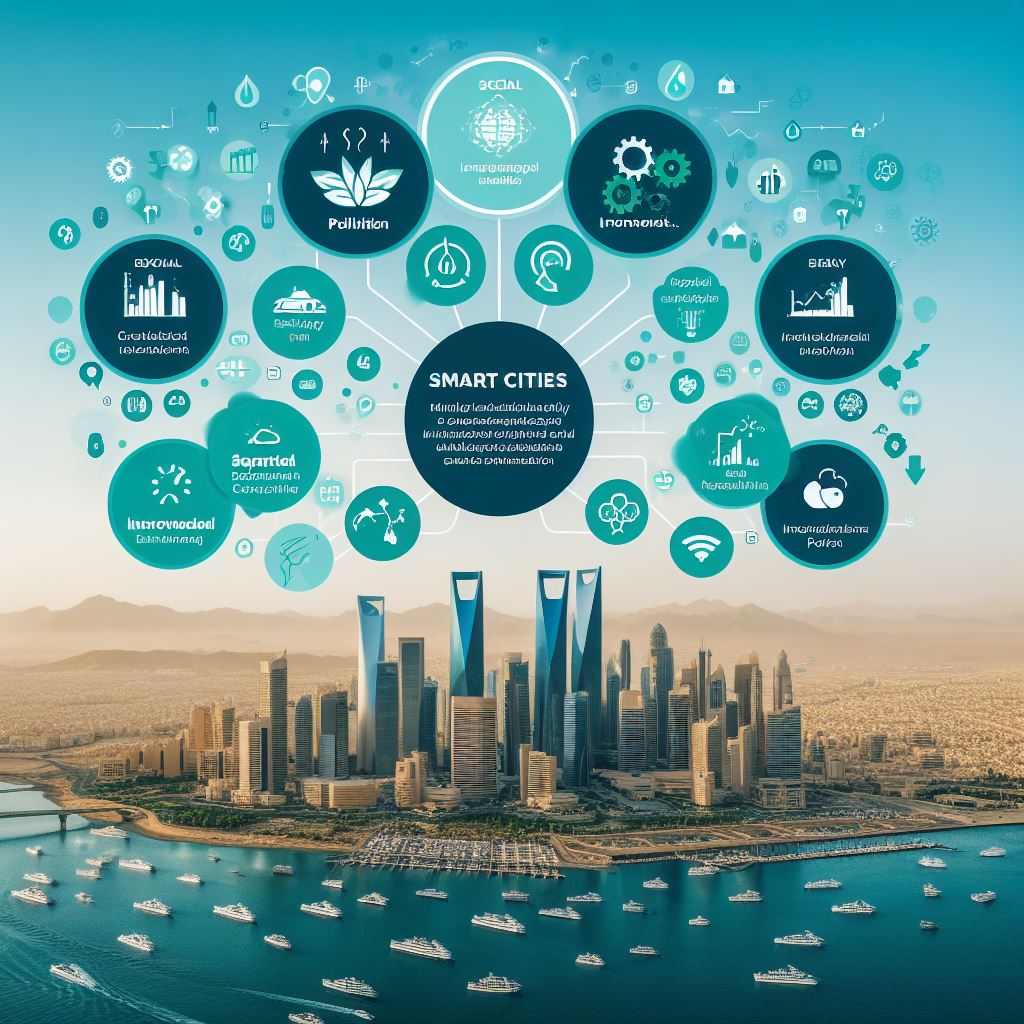
Have you ever imagined what our lives would be like in cities equipped with intelligence and technology? Can smart cities bring about a real transformation in our daily lives? Understanding the benefits of smart cities may hold the key to answering these questions. In our current era, smart cities offer remarkable potential for improving the quality of life, environmental sustainability, and urban service efficiency. In this article, we will explore the benefits of smart cities and how they can enhance our lives and the future of the world.
Table of contents
Benefits of Smart Cities
- Improving Quality of Life: Smart cities aim to provide urban environments that enhance the overall quality of life. Through the provision of enhanced public services, such as smart public transportation, public safety, and advanced healthcare, residents can enjoy a better urban experience.
- Enhancing Sustainability: Smart cities work to reduce their environmental impact by leveraging technology to decrease resource consumption and harmful emissions. Smart waste management, energy conservation, and water usage improvement are promoted through intelligent systems.
- Boosting Efficiency: Modern technologies enhance resource and service management in cities, reducing waste and increasing efficiency. For instance, smart lighting and heating/cooling systems can lower electricity consumption.
- Fostering Social Interaction: Smart cities encourage social interaction and community engagement through digital platforms and applications that enable citizens to participate in city management and decision-making.
- Enhancing Security: Smart cities offer advanced security systems based on information technology to monitor and combat crime while promoting public safety.
- Saving Time and Effort: Smart technologies help save time and effort by reducing congestion, improving transit times, and managing parking and logistics services.
- Supporting Economic Development: Smart cities create employment opportunities and encourage economic development by attracting investments and providing a conducive business environment.
- Improving Health and Well-being: Smart cities contribute to better health and well-being by offering online medical services, personal health tracking, and fitness promotion.
- Environmental Sustainability: Smart cities reduce the consumption of natural resources and promote the use of public transportation and sustainable modes of transportation.
- Pollution Control: Smart cities rely on environmental monitoring systems and data analysis to reduce air and water pollution and noise pollution.

Expert Vision Consulting Company is the best partner for creating sustainable smart cities with governments
“Expert Vision Consulting Company” is the ideal partner for the creation of sustainable smart cities in collaboration with governments. Here are some reasons that make it the optimal choice:
- Specialized Expertise: Expert Vision Consulting boasts years of experience in smart city development and can provide tailored solutions according to each government’s needs.
- Government Collaboration: The company has extensive experience in negotiating and collaborating with government agencies, making it adept at facilitating cooperation between the public and private sectors.
- Sustainability and Environment: Expert Vision Consulting ensures that smart city projects meet the highest environmental sustainability standards and promote sustainable solutions.
- Advanced Technology: The company offers the latest technologies and solutions that enhance efficiency and make smart cities more advanced and cost-effective.
- Strategic Vision: Visionary Consultants provides a comprehensive strategic vision aimed at achieving the government’s goals in building a sustainable smart city.
In summary, Expert Vision Consulting Company provides the expertise and comprehensive services that make it the perfect partner for governments in achieving the goal of building innovative and sustainable smart cities.
• Improved Quality of Life
• Increased Sustainability
• Enhanced Efficiency
• Fostering Social Interaction
• Enhanced Security
• Time and Effort Savings
• Supporting Economic Development
• Improving Health and Well-being
• Environmental Sustainability
• Pollution Control